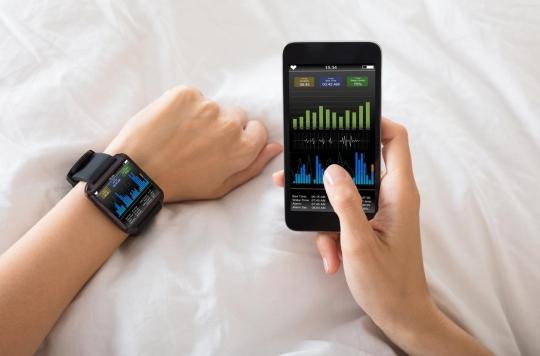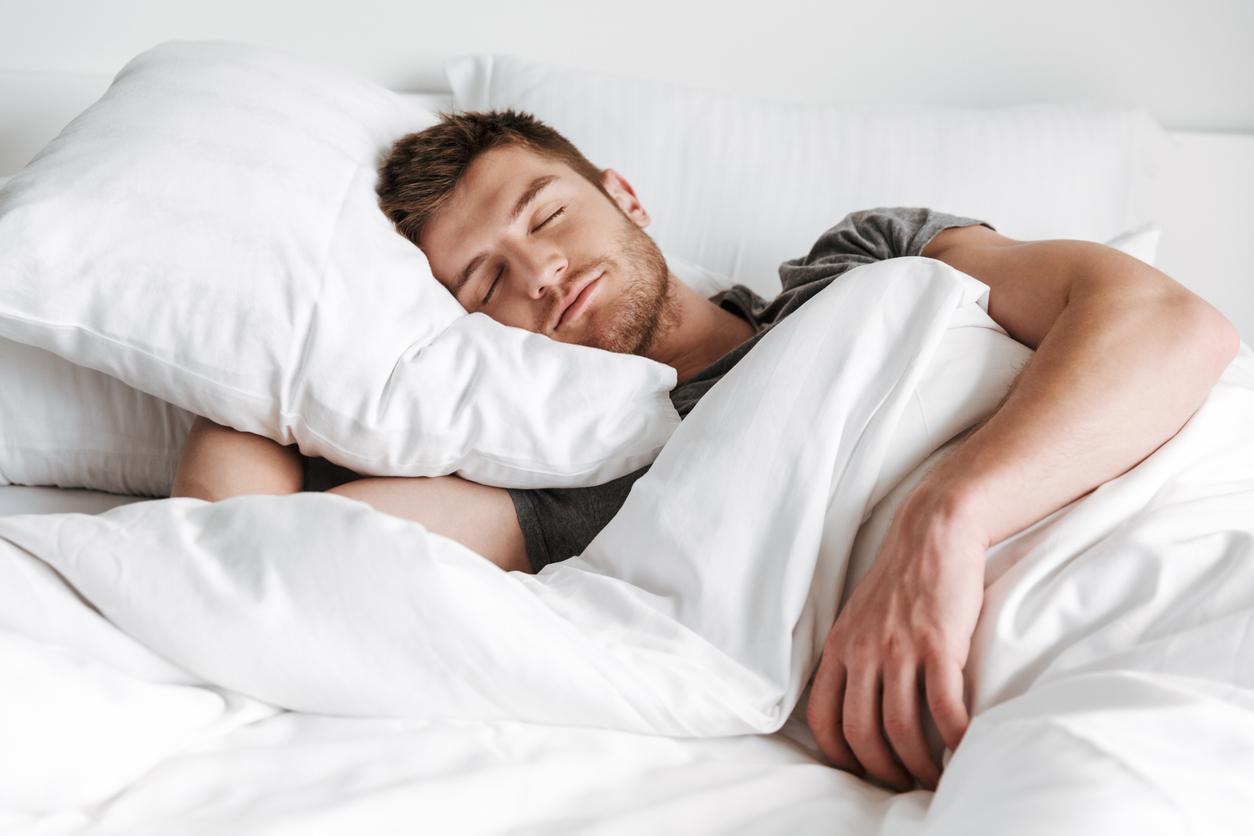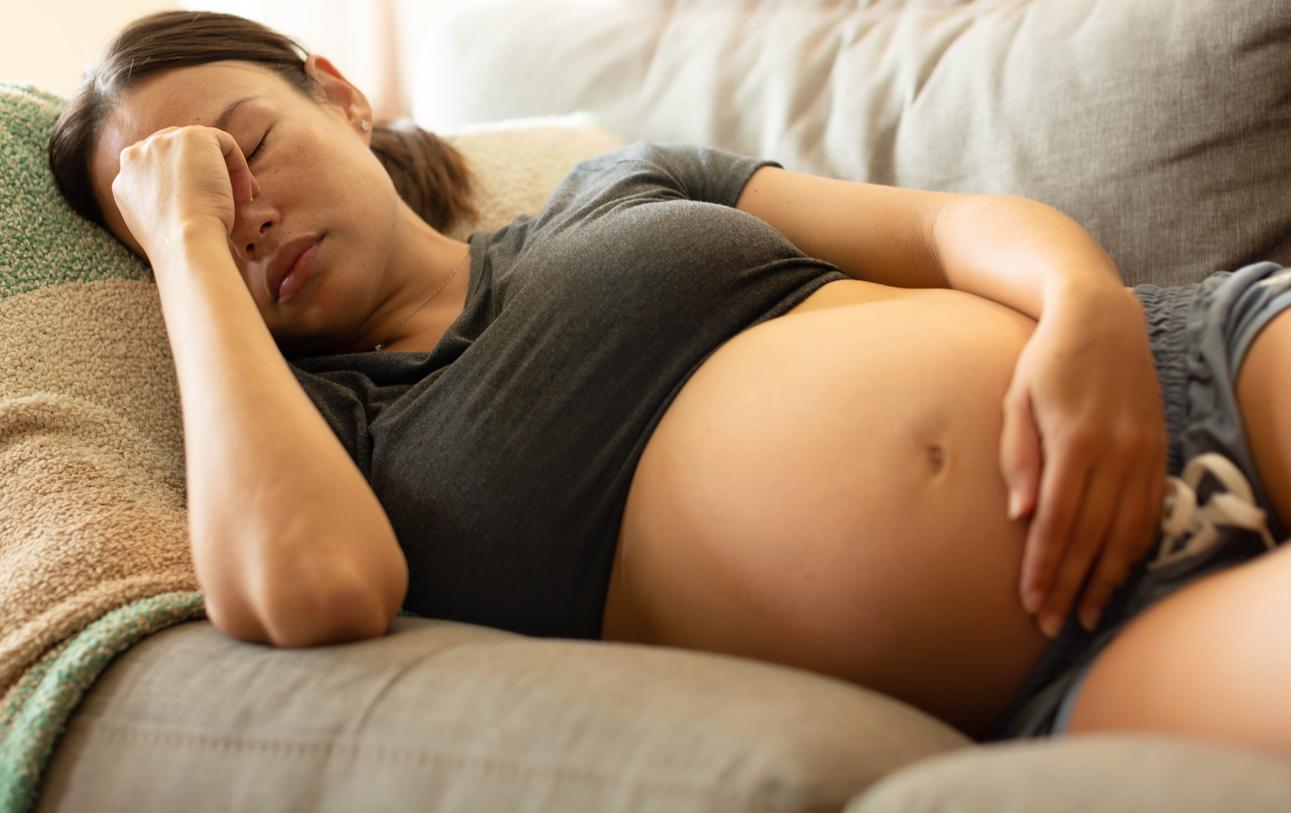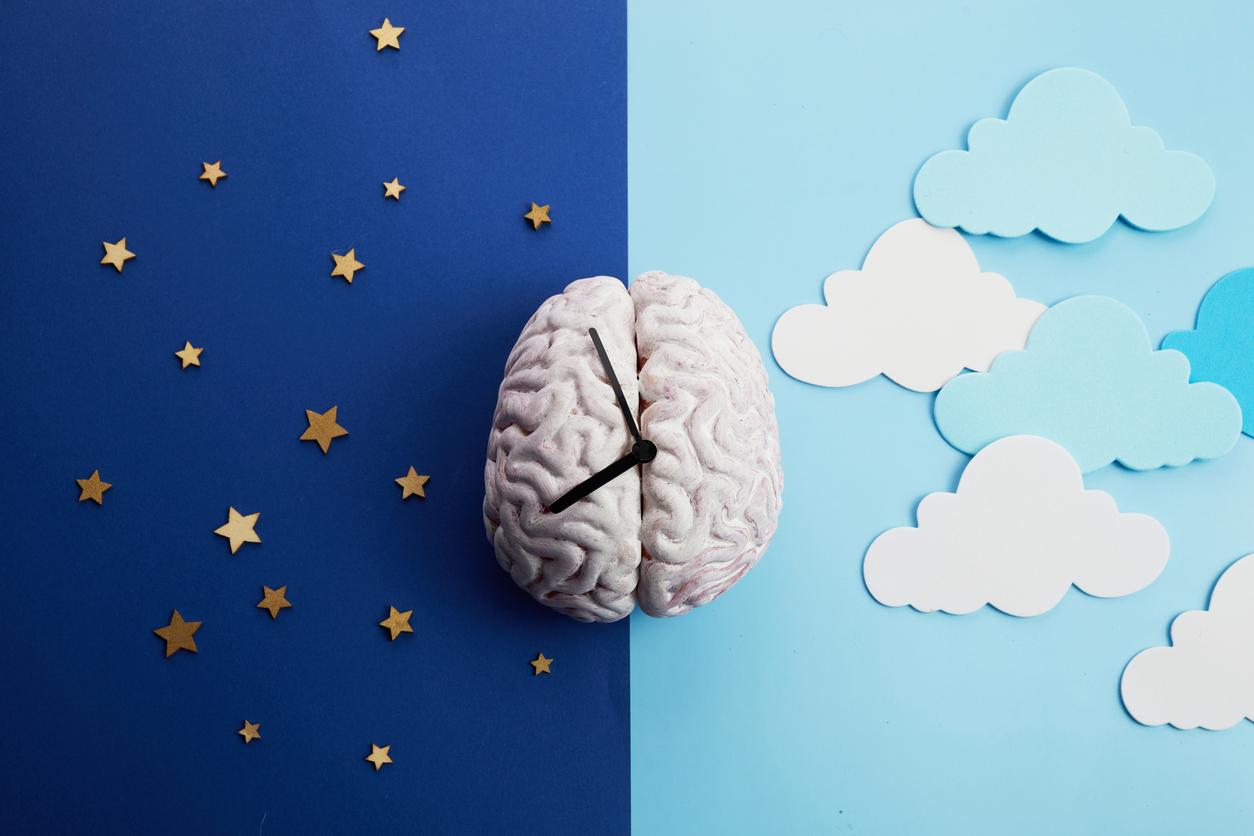After testing connected health tools for better sleep, a journalist from the New York Times realized that it did not help his sleep in any way, quite the contrary. This experience joins the results of a scientific study published in June.

Connected night mask, relaxing glasses, sleep sensor mattresses, applications to measure the quality of sleep… In recent years, manufacturers have been marketing dozens and dozens oftools believed to help us sleep better. And yet, according to an experiment carried out by a journalist from the New York Times reported on Wednesday, July 17, these are all but beneficial for a peaceful night. This column echoes an American study published in June in the journal Sladshot proving that these technologies tend to cause orthosomnia (the quest for perfect sleep), which is sometimes very toxic in patients.
“The last two weeks, I added an extra step to my sleep routine: wrap a computer around my wrist,” explains the journalist in the preamble to his article. Armed with an Apple Watch, “since it is one of the most popular connected objects”, Brian X.Chen connected to a “super well rated” application called AutoSleep. The latter uses the sensors of the Apple Watch to follow the movements of its user and determine when he falls asleep and wakes up. “But the excitement ended there,” the journalist announces bluntly. “Ultimately, the technology didn’t help me sleep any more. It didn’t tell me anything new (…) and the data didn’t help me figure out what to do to solve my sleep problems. On the contrary, I feel more grumpy since I started these tests”, he explains.
In their study, researchers from Rush University Medical College and Northwestern University’s Feinberg School of Medicine also noticed that participants complained about data collected by sleep apps and Nike devices or Apple. Not only could the results be distorted, but in addition, these tools worsened the insomnia of patients completely obsessed with the idea of achieving “perfect results”: falling asleep quickly, not having nightmares and having regular and restorative cycles. .
“Sometimes being informed of a problem makes us even more nervous”
During a night’s sleep, three stages follow one another: light, deep and paradoxical sleep. Deep sleep is beneficial for repairing the body and the metabolism while paradoxical, that of dreams, helps to reboost our emotional and psychological networks. On average, a person completes a sleep cycle including the three main stages, every 90 minutes. For a good night’s sleep, it is often recommended to complete four or five cycles, or about eight hours of sleep.
But the problem with technology is that it usually can’t measure REM sleep correctly. Popular devices like the Apple Watch or Fitbit study movement and heart rate to determine when you are awake or asleep in a way that is often too imprecise to go into the subtlety of the different phases, explains Raphael Vallat, researcher at the Center for Sleep Sciences. human in Berkeley (California) in the New York Times. Which therefore gives incomplete results on the quality of your night. Unlike the others, the AutoSleep application at least has the merit of announcing from the outset that it cannot be able to analyze REM sleep.
Another major problem with sleep-measuring apps and devices is that if they tell you that you need to sleep more (which you’ve probably already noticed for yourself), they can’t help you resolve the anxieties you’re having. keep awake. “The question is: can you do anything on your own to optimize this data? Or is the information just useless or making the situation worse? Because sometimes being informed of a problem makes us even more nervous”, wonders the cardiologist Ethan Weiss, also asked by the New York Times.
85% of French people say they wake up at least once a night
According to a survey conducted on the occasion of world sleep day in march, the French sleep badly or too little on average. They are thus 32% to declare that they wake up too early 4 to 5 times a week and 25% have trouble falling asleep. Moreover, 85% of them complain of waking up at least once a night. They then take 39 minutes on average to fall back into the arms of Morpheus. To deal with these problems, 43% of them would have already consulted a health professional.
Asked about the potential reasons for their difficulty sleeping well, respondents mainly mentioned going to bed late (48%) and the lack of calm activities before (33%).
Several simple solutions exist to maximize your chances of spending a peaceful night. Avoid caffeine and theine after lunch, do not exercise before bedtime, have a light dinner, take a lukewarm bath to relax and forget the screens that could excite your eyes and your brain. Finally, break the habit of working, eating, or even watching a movie in bed. The latter must remain a sanctuary dedicated to calm and relaxation.
.

















